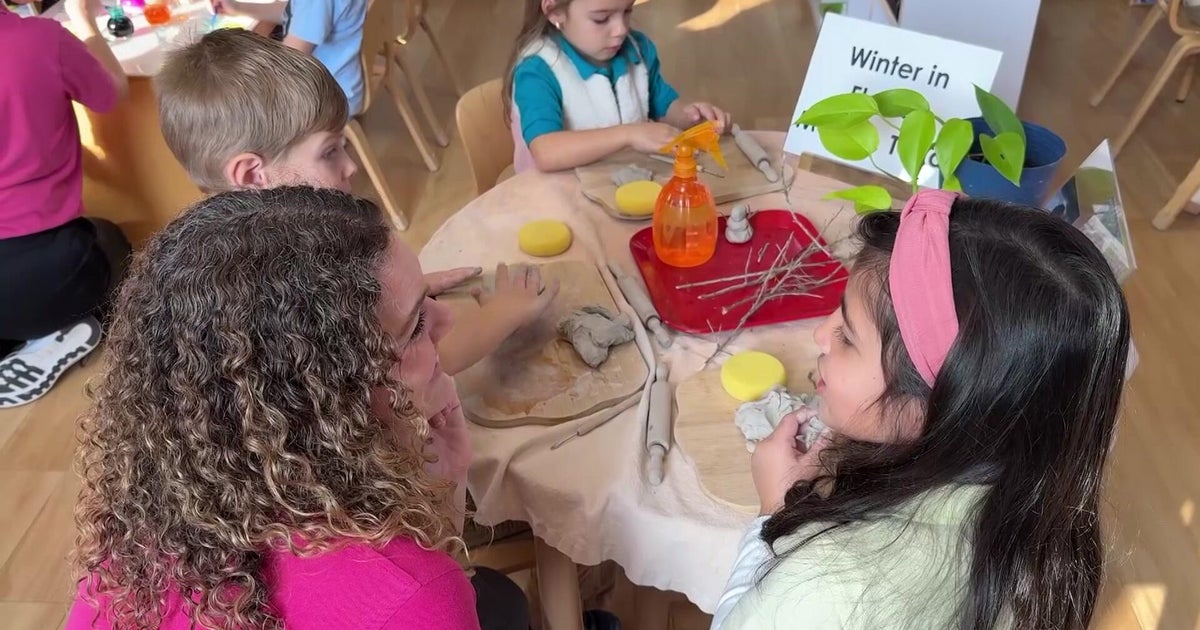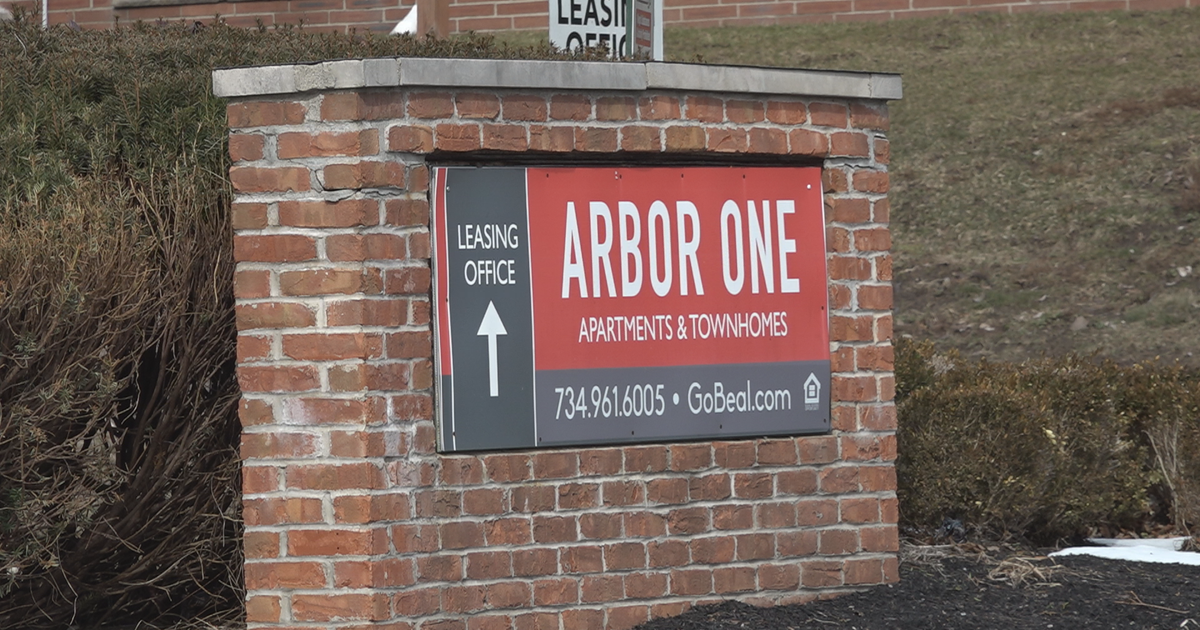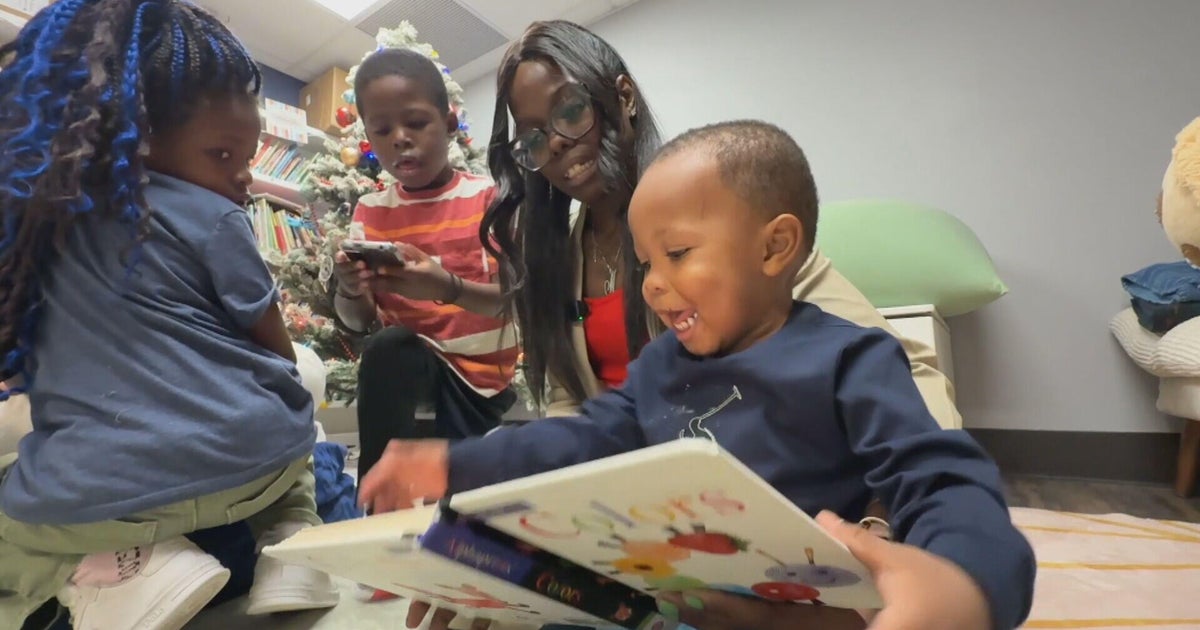HealthWatch: Overcoming Summer Colds
NEW YORK (CBS) ― Having a cold in the heat of summer is miserable.
A fever can make the hot, humid air feel even more stifling, and chilly air-conditioned buildings can leave your head pounding.
But a few simple steps will help speed your recovery and keep you a little more comfortable while you're sick.
"I want to be feeling well. I want to be outdoors and active and all I want to do is crawl into bed and sleep," patient Tina Sloan said. "Yesterday I had soup for lunch and it made me feel well, but its so hot out I don't want to have soup or tea."
Infectious diseases specialist Dr. Emilia Mia Sordillo said battling a cold during the summer from time to time is almost inevitable.
"The average adult in the United States will have up to four colds a year editor cut, so just, statistically, some of those colds are going to occur more in the summertime," Dr. Sordillo said.
During the summer most of us spend more time outside in the fresh air which in theory should protect you from getting a cold, but there are a number of risks factors for catching colds that go up during the summer.
Summer airplane travel is a hot spot for germs and excessive air conditioning can dry out your nasal passages, making you more susceptible to catching a virus. The common cold can also be transmitted in a number of water sources.
"Water that we might encounter in a swimming pools, especially if its not properly chlorinated or swimming in a lake," Dr. Sordillo said.
Fluids are critical in treating a summer cold. You may have to drink even more since you lose fluid by sweating in the heat.
Rest is also a must.
"It's very clear that people who have less than seven hours of sleep are more likely to get colds and to suffer more severely from colds," Dr. Sordillo said.
Over-the-counter decongestants are better avoided in the heat since they can cause dehydration.
But studies have shown chicken soup can help clear congestion, and boiled ginger root may calm a nagging cough.
If your summer cold is lingering on for more than 10 days, it may be time to pay a visit to the allergist.
The symptoms of summer colds and allergies can be similar, but colds generally cause more fevers and aches, while allergies cause more congestion and sneezing.
(© MMX, CBS Broadcasting Inc. All Rights Reserved.)







